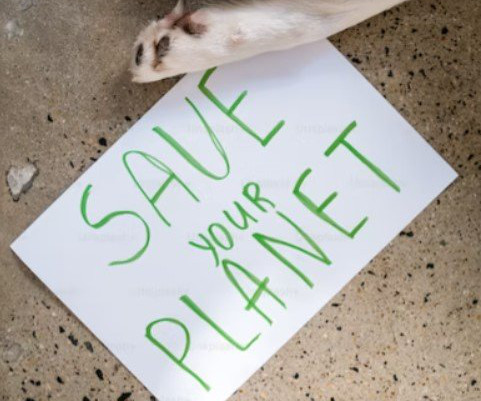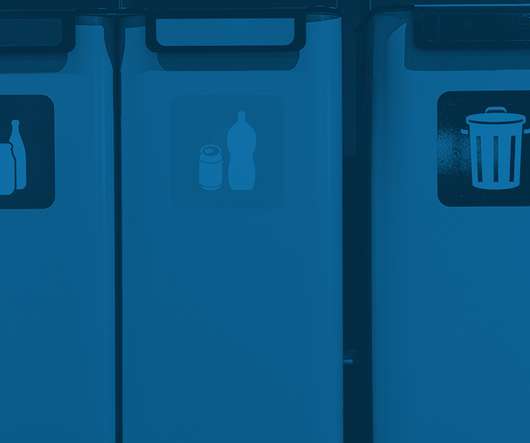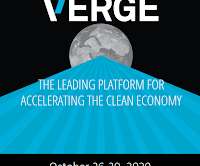Sustainable Business Practices for the Food and Agricultural Industries
Green Business Bureau
JULY 23, 2020
Methane digesters: In the agriculture and food industry, waste is generated daily from the production of food to its processing, distribution, and consumption. Without thoughtful management, organic waste can emit methane gas as they decompose. The biogas generated can help businesses to save money by reducing their operating cost.
















Let's personalize your content